Barbra Streisand has given her blessing to Where We Fall (Backwards Dog Records), an album of six covers and five original songs. She wrote to her 1.8 million Instagram followers: "[Jason] just gave me his new album […] and it stopped me in my tracks. His sound, his soul, his musicality. I’m sooo proud to be his mama!" Streisand’s son Jason Gould is also the "true" son of Elliott Gould – as opposed to Ross and Monica from Friends, who are merely his fictional children in his role of Jack Geller, a "pater simulatus" with enduring celebrity status in his own right.
There you have it: at this level of celebrity and cultural memes, normal rules and expectations don’t really apply. Other vestiges of normality, such as any need to tour to support the release by touring are off the agenda too. Whereas other performers might have to go through baptisms of, say, audience indifference or heckling, Gould, understandably, doesn’t feel any inclination or need to submit himself to either.
Something which he has, however, been talking about with rather more enthusiasm is his song-writing, normally in collaboration. Now in his late fifties, it is something he has been developing for about a decade. He explains it with some quaintly Californian tropes: “I like to show up as an empty vessel,” he says, to “reflect[..] the beauty of vulnerability, and the willingness to be vulnerable.”
That tone of uncertainty, almost reticence, prevails in both the original songs and the covers, and that theme does to some extend provide some unity and coherence to the album. There is also apparent vulnerability in a voice which is not just light in timbre but seems most comfortable either staying within the falsetto register or repeatedly straying up into it, such as in a song like "I Found a Place in my Heart", previously recorded (with a lot less melisma) by the great British jazz singer Emma Smith. Melisma city is again the location for Gould's version of "It's Only a Paper Moon", a dubious attempt to bag the all-time record for the slowest version of the song.
The album and the arrangements are highly professionally produced, with steady hands involved such as Guy Roche on the title track and Stephan Oberhoff on several more. There is lush and full orchestral sound on most tracks, plenty of synths and drum programming (from Alex Poeppel) when the mood needs darkening on “Sacred Days”, but also lightness in period pieces such as slick seventies funk in Bobby Caldwell’s “What I Won’t Do for Love”.
Of the original songs, "World Gone Crazy", a roll call of society's ills, in a curious call and response with a cooingly melodic idee fixe seems to sum up an album where blandness – unfortunately and far too often –rules.

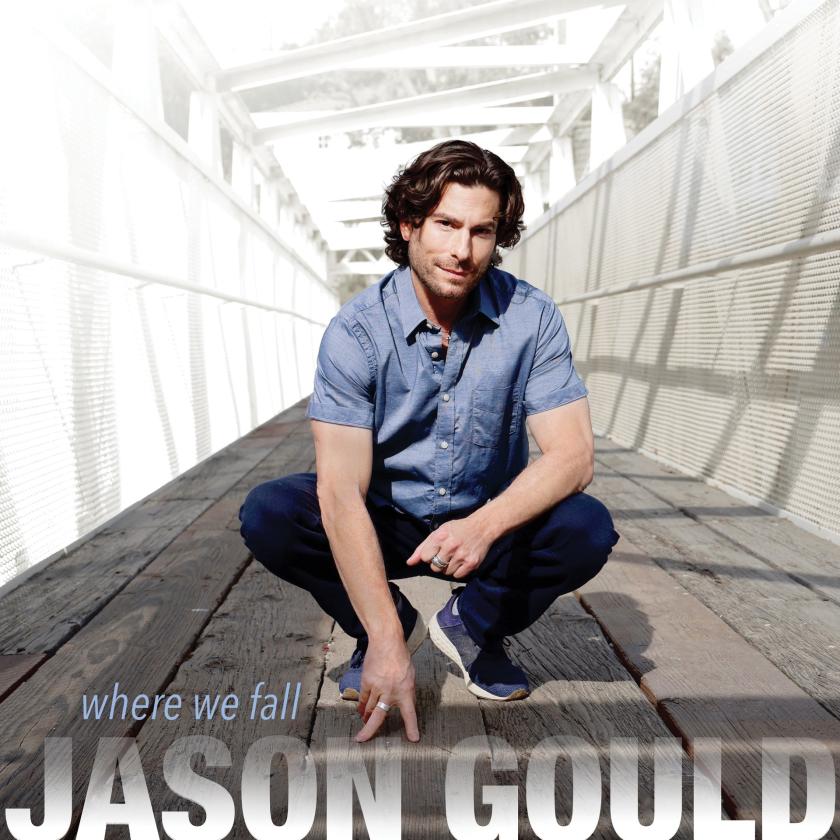

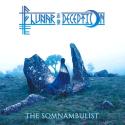


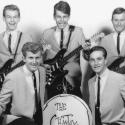
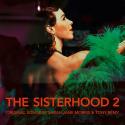
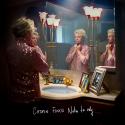


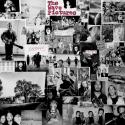



Add comment